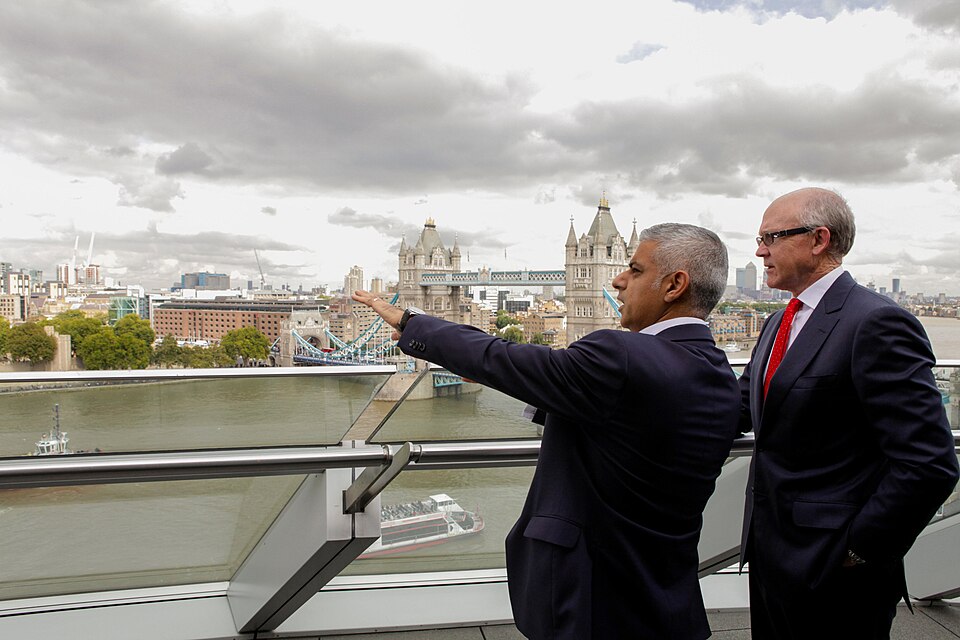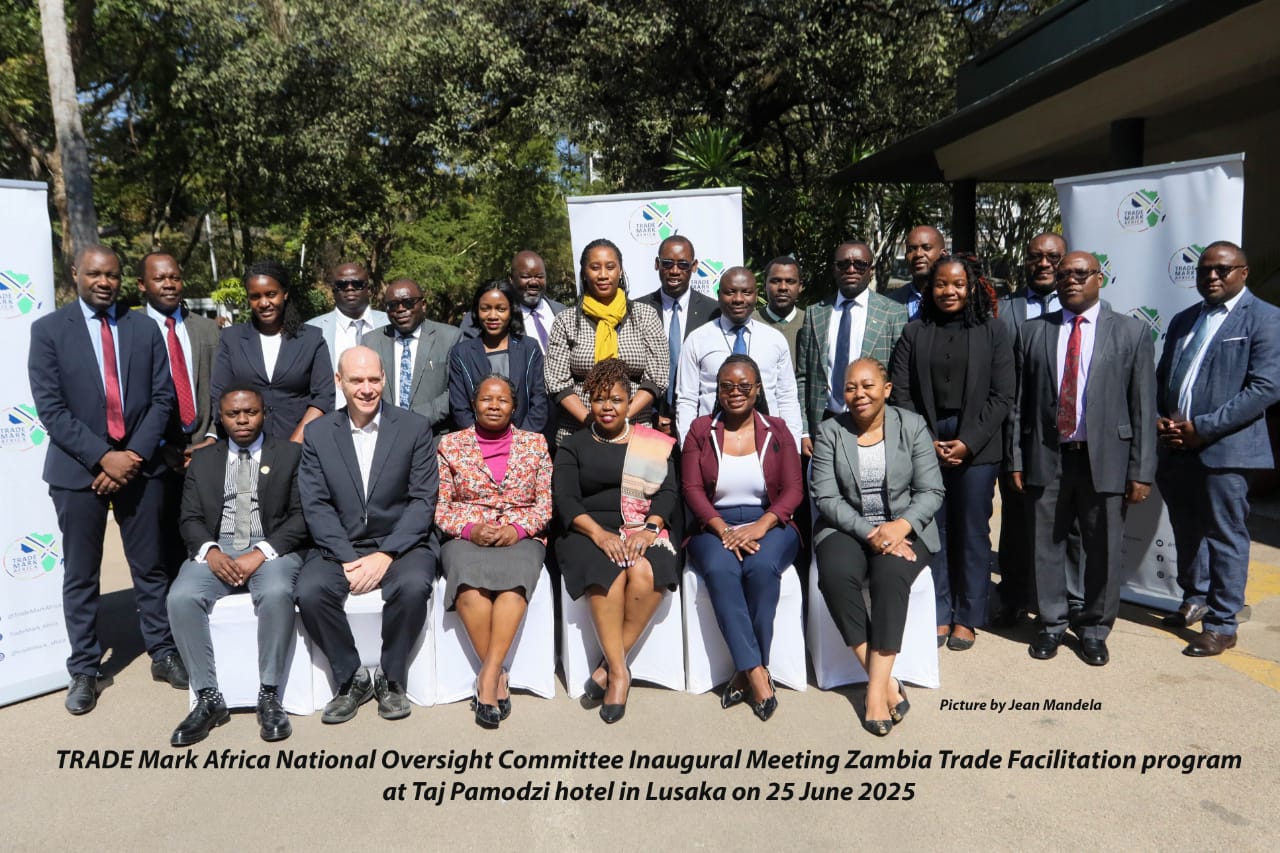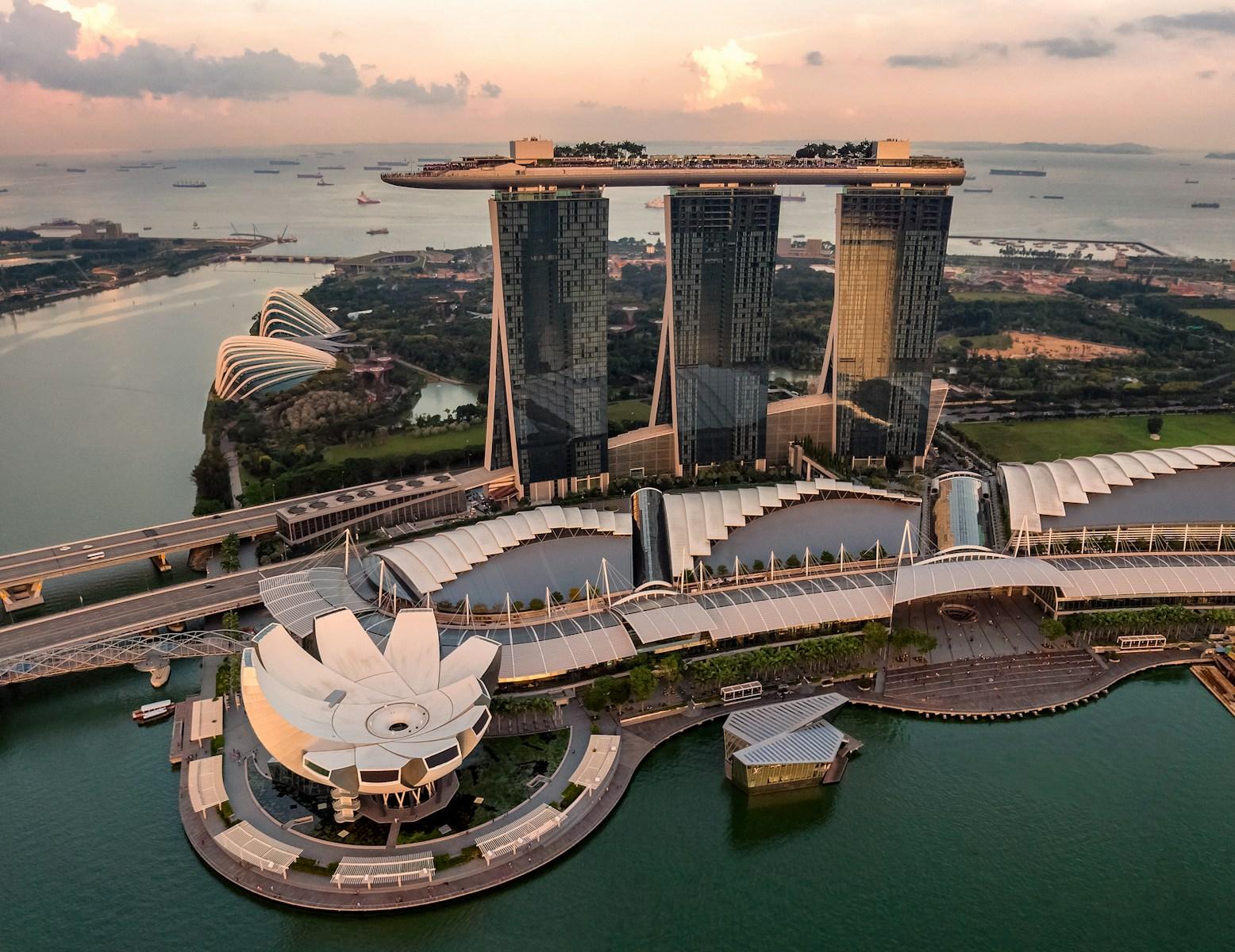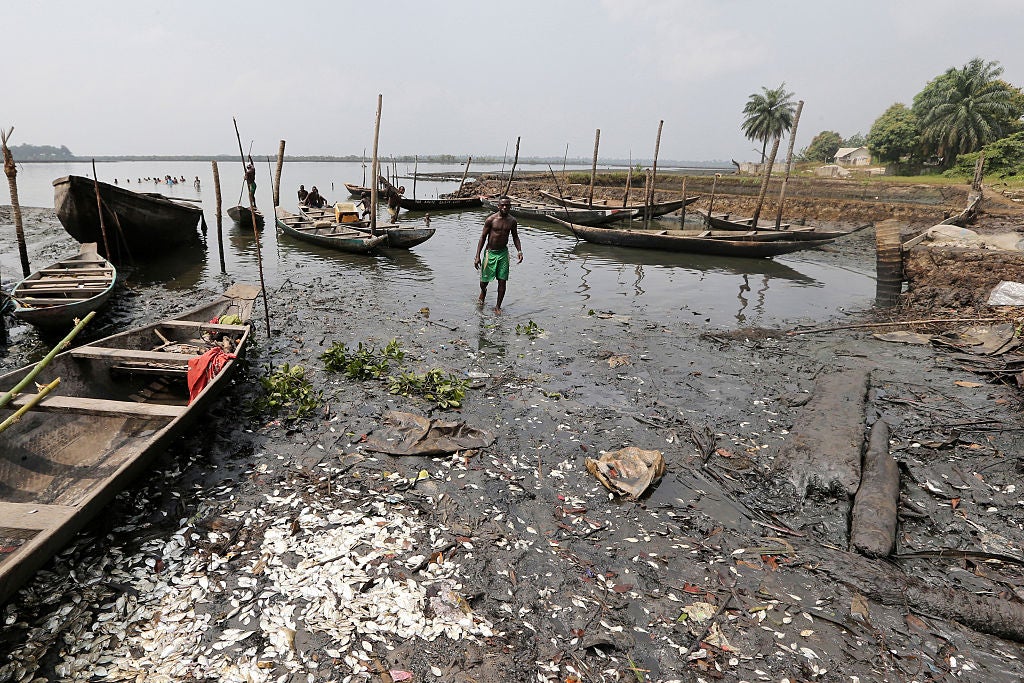In a landmark event, Sadiq Khan, the Mayor of London, made his first-ever official visit to Nigeria as part of a broader trade mission that also includes Ghana and South Africa. The visit underscores a renewed commitment to deepen ties between London, one of the world’s leading financial and cultural capitals, and Africa’s vibrant economic hubs. During his time in Nigeria, Khan engaged extensively with stakeholders in the arts, culture, and technology sectors, emphasizing the mutual benefits of talent exchange and trade collaboration.
Describing Lagos as the “cultural capital of Africa” and “tech hub of Africa,” Khan highlighted parallels with London’s own diverse and innovative ecosystem. This visit not only celebrates cultural ties but also opens pathways for economic growth, investment, and the fostering of global talent networks under initiatives like the UK’s Global Talent visa program. With the first Africa-London business summit announced for next year, the foundation is being laid for stronger, more inclusive partnerships that promise to boost both economies.
1. Sadiq Khan Nigeria-Strengthening UK-Nigeria Trade: Opportunities and Challenges
The trade relationship between the UK and Nigeria is substantial but has seen some fluctuations, with total trade recorded at £7.2 billion in 2024, a slight dip from previous years. Khan’s visit aims to reinvigorate this partnership by bringing UK businesses closer to Nigerian markets and vice versa. Accompanied by 27 UK businesses, including five Nigerian-owned companies, the Mayor’s delegation showcased a blend of investment opportunities and shared goals for economic development. The emphasis on local tech startups and fintech companies reflects the dynamic sectors driving Nigeria’s economy.
These industries have reached global prominence with some achieving “unicorn” status, highlighting Nigeria’s growing influence in the global tech scene. By facilitating dialogues between business leaders and policymakers, the visit aims to reduce trade barriers, improve market access, and foster sustainable investment, ultimately benefiting both nations.
2. Sadiq Khan Nigeria-Cultural Diplomacy: Building Bridges Through Arts and Innovation
A central aspect of Khan’s visit was the vibrant cultural exchange hosted by Lagos Canvas, a curated event celebrating music, film, fashion, and art. By attending alongside renowned figures such as Mo Abudu, often called “the Oprah of Africa,” Khan emphasized the soft power potential of cultural diplomacy. He praised Lagos as a “cultural powerhouse” comparable to London and acknowledged the role of artists and cultural entrepreneurs in shaping perceptions and fostering international goodwill.
This cultural engagement complements economic initiatives by creating an environment conducive to collaboration, creativity, and innovation. The visit to the Nike Art Gallery, hosted by artist Nike Okundaye, further showcased the rich artistic heritage of Nigeria and underscored the importance of supporting creative industries as engines of growth and international dialogue.
3. Sadiq Khan Nigeria-Engaging Nigeria’s Tech Ecosystem: A Focus on Innovation
During his visit, Sadiq Khan met with key players in Nigeria’s burgeoning tech sector, particularly within the Lagos startup ecosystem, often hailed as the “tech hub of Africa.” This engagement highlighted the UK’s interest in harnessing Nigerian technological talent, especially in fintech, where Nigerian companies have reached unicorn status—a testament to their rapid growth and global influence. Khan’s discussions centered on creating collaborative platforms that support innovation, knowledge exchange, and investment opportunities.
The UK’s Global Talent visa program was emphasized as a pathway for Nigerian tech leaders and creatives to contribute to the UK economy while maintaining strong ties with their homeland. By fostering this bilateral talent flow, the visit aims to stimulate economic growth, enhance competitiveness, and deepen cultural ties between the two regions. For more insights on African tech ecosystems, see our article on Technology and Innovation in Africa. Additionally, the role of fintech in Africa’s growth is detailed by World Economic Forum.
4. Sadiq Khan Nigeria-The Nigerian Diaspora in the UK: Building on Shared Success
Nigerians form one of the largest immigrant communities in the UK, significantly contributing to the economy, culture, and social fabric of London and beyond. Many have entered under the Global Talent visa program, which provides opportunities for emerging and established leaders in arts, culture, and technology sectors. Sadiq Khan’s visit sought to recognize and strengthen this diaspora’s role as a bridge between the two countries.
By celebrating their achievements and addressing challenges, the visit aimed to foster greater inclusion and collaboration. The strong presence of Nigerian-owned businesses within the UK delegation underlines the importance of diaspora-led economic initiatives. This focus aligns with wider UK policies promoting diversity and international partnerships, ultimately enriching the UK’s innovation landscape. For related stories on diaspora entrepreneurship, visit Business and Diaspora.
5. Sadiq Khan Nigeria-Looking Ahead: The Africa-London Business Summit
A significant announcement during the visit was the inaugural Africa-London Business Summit, scheduled for next year in London. This summit is expected to serve as a high-level platform for dialogue, investment promotion, and partnership building between African nations and the UK. It will bring together business leaders, policymakers, and innovators from diverse sectors to explore new opportunities for collaboration.
The summit represents a tangible outcome of Sadiq Khan’s mission, aiming to translate cultural and diplomatic goodwill into economic action. With both London and key African cities like Lagos acting as dynamic hubs, the summit has the potential to accelerate trade, talent mobility, and shared prosperity. This initiative will be closely watched by stakeholders on both continents eager to capitalize on the momentum generated by the mayor’s historic visit. For more details on upcoming events, check MauritiusBizMonitor Events.
6. Sadiq Khan Nigeria-Strengthening Cultural and Economic Ties Between London and Lagos
Sadiq Khan’s visit to Nigeria is more than a diplomatic gesture; it represents a strategic effort to deepen cultural and economic ties between two dynamic cities—London and Lagos. Recognizing Lagos as a cultural powerhouse and London as a global financial hub, Khan emphasized the importance of building bridges, not walls, to foster mutual growth. The Lagos Canvas event, curated by Mo Abudu, highlighted the shared vibrancy in music, film, fashion, and art. These creative industries play a pivotal role in shaping international perceptions and opening doors for collaboration beyond traditional sectors.
On the economic front, the visit focused on identifying opportunities for UK businesses in Nigeria’s growing markets. The Mayor’s delegation, including 27 UK businesses, explored sectors ranging from technology to agriculture. This reflects a holistic approach to partnership, integrating culture, business, and innovation. For further insights on UK-Africa business relations, you may visit MauritiusBizMonitor Business Section. Additionally, the UK Department for International Trade provides valuable resources on trade opportunities with Africa.
7. Sadiq Khan Nigeria-Leveraging the Global Talent Visa to Attract Nigerian Innovators
A core aspect of the visit was the promotion of the UK’s Global Talent visa program, designed to attract leading and emerging talents in arts, culture, and technology. Nigeria, with its vast pool of creative and tech professionals, stands as a key source of talent for the UK. The visa offers a streamlined pathway for Nigerian professionals to contribute their skills to the UK economy while maintaining strong ties to their homeland. This initiative aligns with broader efforts to facilitate international talent mobility and enhance cultural exchange.
Sadiq Khan’s engagement with Nigerian tech startups and cultural entrepreneurs showcased the UK’s commitment to nurturing these connections. The visa program not only supports individual career development but also strengthens bilateral relations by fostering innovation ecosystems across borders. For detailed guidance on the Global Talent visa, visit the UK Government’s official page. You can also explore success stories of Nigerian talents in the UK on MauritiusBizMonitor Technology Section.
8. Sadiq Khan Nigeria-Promoting Inclusive Economic Growth Through Diaspora Engagement
The Nigerian diaspora in the UK plays a crucial role in fostering economic growth and cultural exchange. Many members of this community are entrepreneurs, professionals, and creatives who actively contribute to both countries. Sadiq Khan’s visit recognized the diaspora’s potential as a bridge for business, innovation, and social development. Strengthening ties with diaspora-led businesses enhances inclusive growth and promotes knowledge transfer.
To harness this potential, policies that support diaspora entrepreneurship and investment are essential. Initiatives like networking events, mentorship programs, and diaspora investment funds can stimulate cross-border collaborations. For more on diaspora engagement and entrepreneurship, see MauritiusBizMonitor Business Insights. The International Organization for Migration also offers resources on diaspora contributions to development.
9. Future Prospects: The Africa-London Business Summit and Beyond
The announcement of the inaugural Africa-London Business Summit marks a significant step towards sustained collaboration between the UK and African nations. This event aims to create a vibrant platform for dialogue, partnership, and investment. By bringing together policymakers, business leaders, and innovators, the summit will facilitate the exchange of ideas and the forging of strategic alliances.
This initiative builds on the momentum generated by Sadiq Khan’s visit, signaling a commitment to long-term engagement. The summit’s success could pave the way for expanded trade, increased talent mobility, and strengthened cultural ties. For ongoing updates about the summit and related events, visit MauritiusBizMonitor Events. Moreover, global trade insights can be found on the World Trade Organization website.
Conclusion-Sadiq Khan Nigeria: Building Bridges for a Shared Future
Sadiq Khan’s visit to Nigeria encapsulates a vision of partnership rooted in mutual respect, shared opportunities, and cultural exchange. By focusing on talent mobility, trade, and inclusive growth, this historic trip sets the stage for a vibrant future between London and African cities like Lagos. The upcoming Africa-London Business Summit offers a promising platform to translate diplomatic goodwill into tangible economic and social benefits. As both regions navigate a rapidly changing global landscape, collaboration and innovation will be key to unlocking their full potential. This visit is just the beginning of a new chapter—one built on bridges, not walls.




